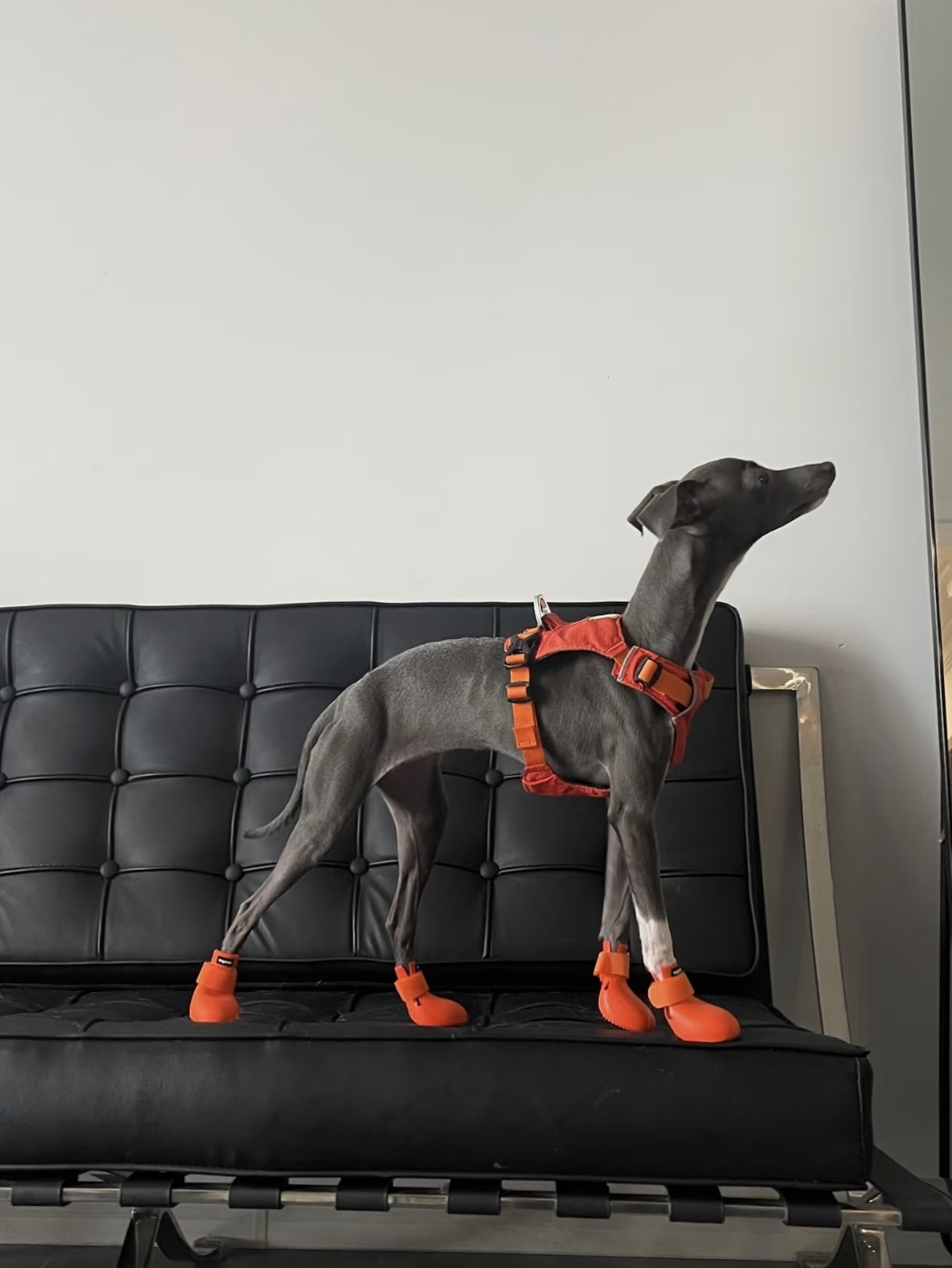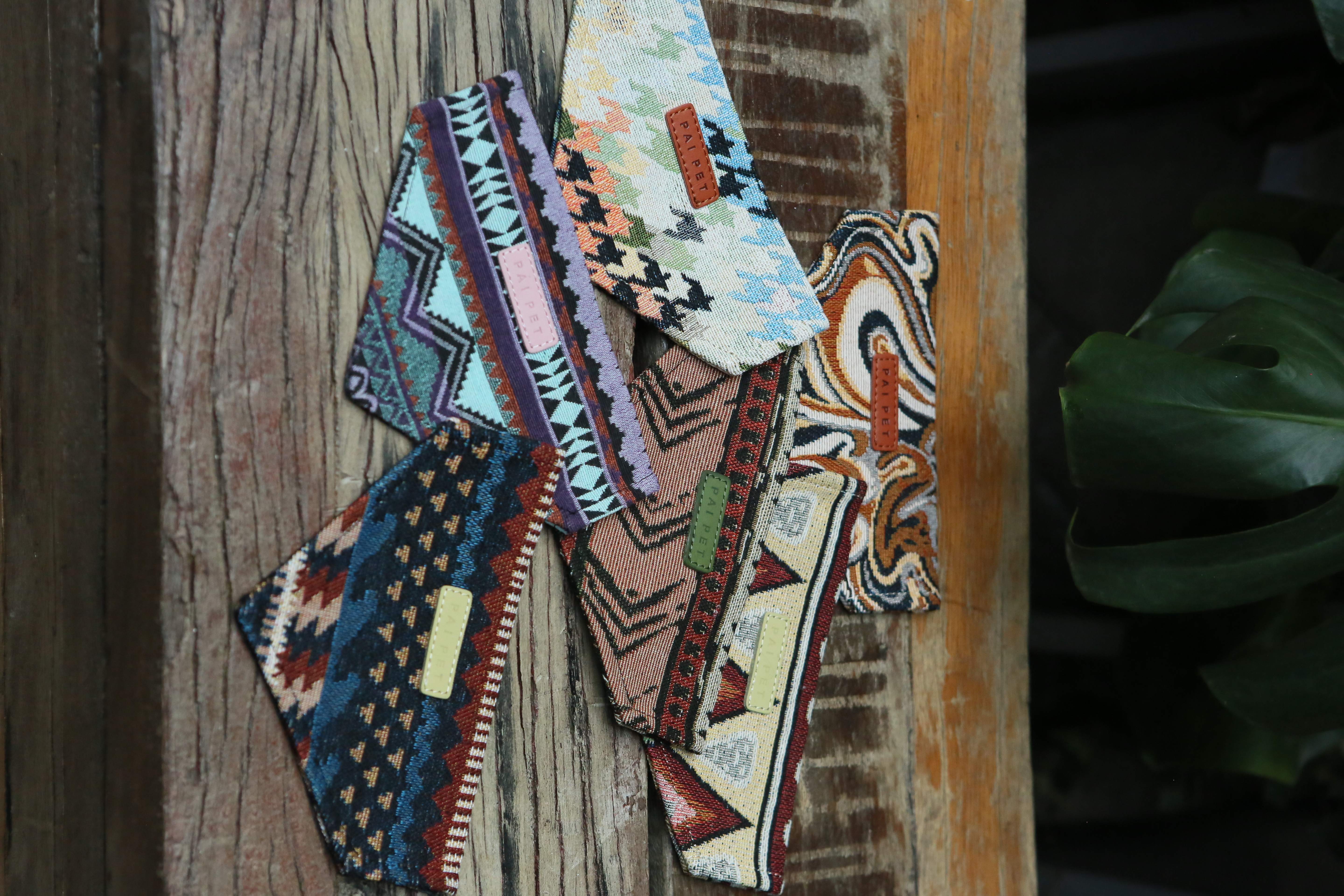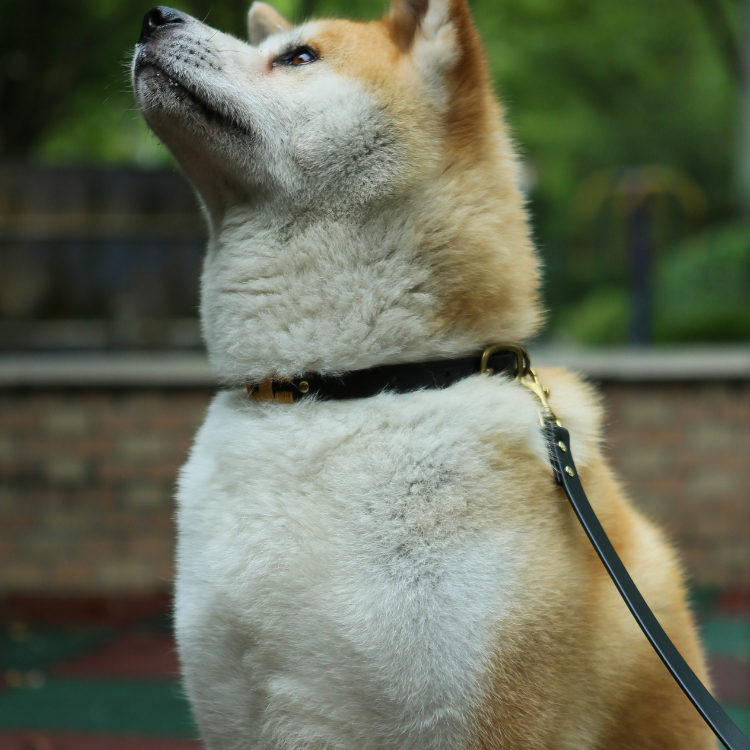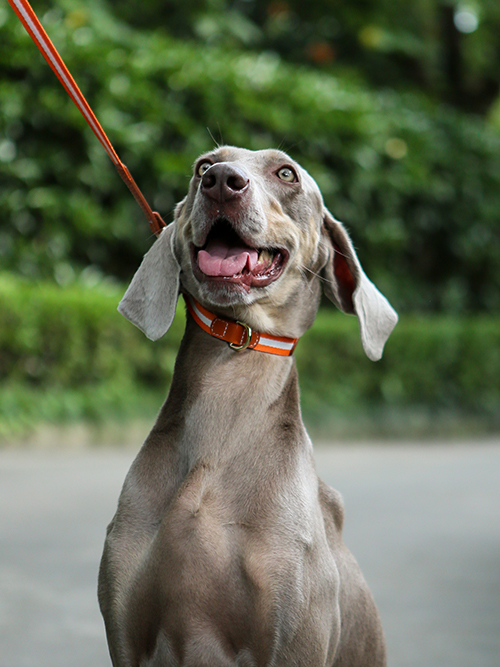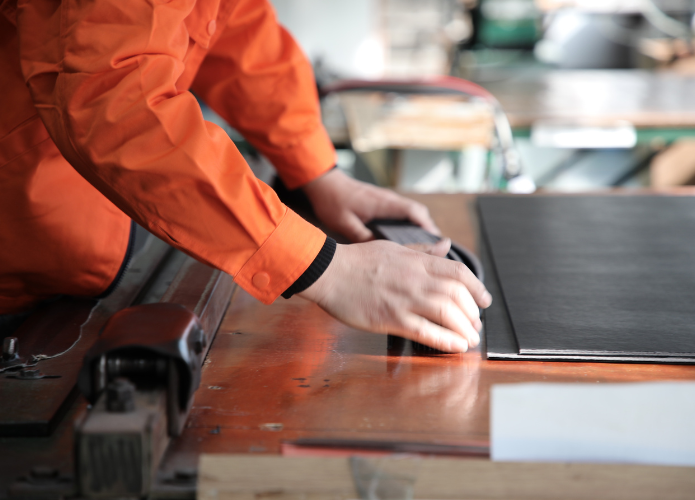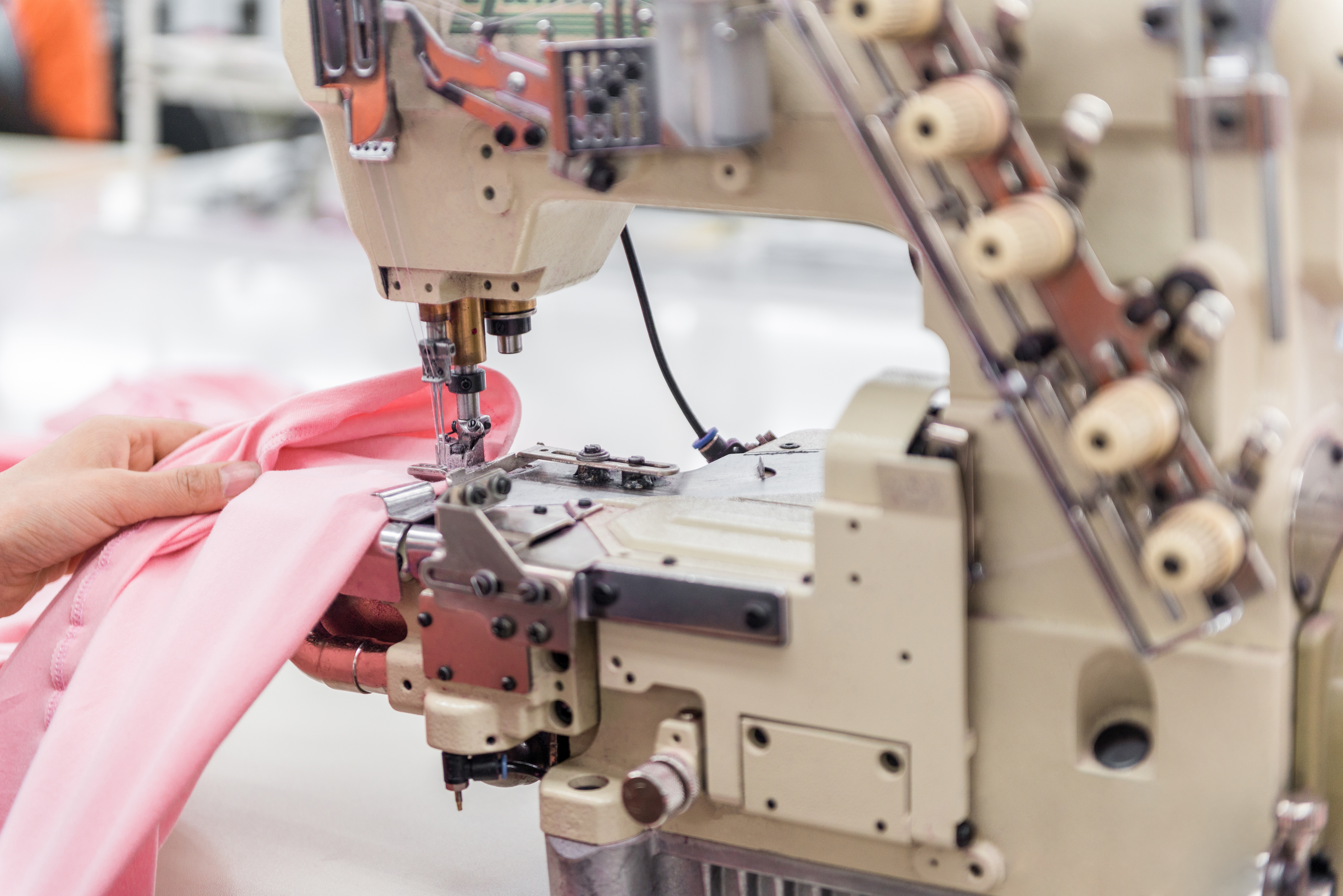Why Nylon Pet Collars and Harnesses Are the Best Choice for Your Dog
Explore everything you need to know about nylon dog collars, nylon pet collars, and nylon dog harnesses—from how they’re made, to how to choose the right one for your dog’s size, breed, and lifestyle.
When it comes to choosing accessories for your dog, comfort, safety, and durability are non-negotiable. Among the many materials available, nylon pet collars and nylon dog harnesses have emerged as top choices for pet parents around the world. Known for their strength, versatility, and affordability, these products provide a reliable way to walk, train, and identify your furry friend.
In this comprehensive guide, we’ll explore everything you need to know about nylon dog collars, nylon pet collars, and nylon dog harnesses—from how they’re made, to how to choose the right one for your dog’s size, breed, and lifestyle.
Why Nylon? Understanding the Material
Nylon is a synthetic polymer known for its toughness and resistance to wear and tear. It's used in everything from parachutes to guitar strings—and it's equally impressive in the pet accessory world.
Key Benefits of Nylon:
- Durability: Nylon can withstand pulling, scratching, and exposure to the elements without degrading quickly.
- Lightweight: Even strong nylon collars are surprisingly lightweight, making them ideal for pets of all sizes.
- Water-Resistant: Nylon dries quickly and resists mildew and mold, perfect for outdoor-loving dogs.
- Colorful and Customizable: It’s easy to dye, meaning nylon dog collars and harnesses come in a wide range of colors and prints.
- Cost-Effective: Compared to leather or metal, nylon products are budget-friendly without compromising quality.
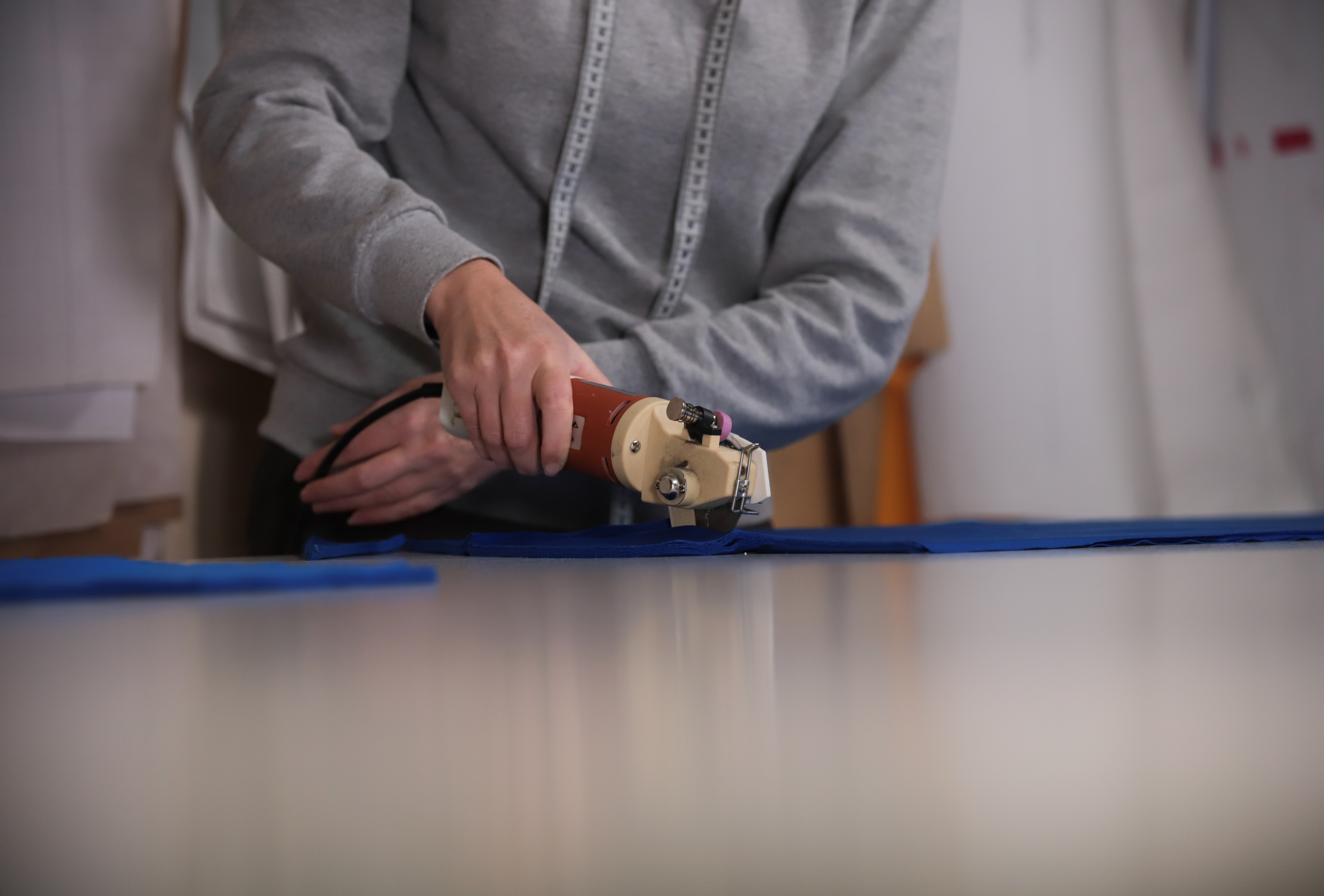
Nylon Pet Collars: Stylish and Functional
Nylon pet collars are often a dog’s first and most frequently used accessory. Whether you're attaching an ID tag, using it for quick leash walks, or simply keeping your dog looking sharp, these collars are multi-functional.
Types of Nylon Pet Collars:
- Flat Collars – The most common type, adjustable with a quick-release buckle.
- Martingale Collars – Ideal for dogs that tend to slip out of regular collars.
- Breakaway Collars – Designed for safety, especially in multi-pet households or for active dogs who might get snagged.
Key Features to Look For:
- Adjustability: Ensure a snug but comfortable fit.
- Metal or Plastic Buckles: Durable and resistant to breakage.
- Reinforced Stitching: Look for double-stitched seams to enhance strength.
- D-Ring Placement: Positioned to securely hold ID tags and leashes.
Who Should Use Nylon Pet Collars?
- Dogs of all breeds and sizes
- Puppies (especially during training stages)
- Dogs that don’t pull excessively
- Indoor pets
Nylon Dog Collars: Designed for Everyday Wear
Often used interchangeably with “pet collars,” nylon dog collars are specifically crafted with the needs of dogs in mind. While cats may need breakaway features, dogs benefit more from durability and leash compatibility.
Why Nylon Dog Collars Stand Out:
- Perfect for Identification: Attach a name tag and contact information.
- Good for Light Walks: Use for short neighborhood strolls.
- Easy to Clean: Most nylon dog collars are machine washable or can be wiped down with mild soap and water.
- Breed-Specific Options: Some nylon dog collars are designed with extra padding or width for breeds like Greyhounds or Bulldogs.
Popular Add-ons:
- Reflective Strips: Great for night walks.
- Padded Lining: Adds comfort, especially for short-haired dogs.
- Personalization: Embroider your pet’s name or your phone number directly on the collar.
Nylon Dog Harness: A Safer, More Comfortable Alternative
While collars are great, many pet owners are turning to the nylon dog harness for added control and safety. Harnesses distribute pressure across the chest and shoulders instead of the neck, making them ideal for training or pulling dogs.
Advantages of a Nylon Dog Harness:
- Prevents Neck Strain: Especially important for small breeds and brachycephalic dogs (like Pugs or Bulldogs).
- Reduces Pulling: Front-clip designs discourage forward movement.
- Great for Training: Allows better control of movement without discomfort.
- Support for Older Dogs: Some harnesses offer handles to assist dogs with mobility issues.
Harness Styles:
- Back-Clip Harness: Good for well-behaved walkers.
- Front-Clip Harness: Excellent for dogs that pull.
- Step-In Harness: Easy to use, especially for squirmy dogs.
- Dual-Clip Harness: Offers maximum versatility and control.
How to Choose the Right Nylon Collar or Harness
Step 1: Measure Your Dog
Neck Measurement: Use a soft tape to measure where a collar would sit.
Chest Girth: Measure just behind the front legs around the widest part of the chest (for harnesses).
Weight Class: Ensure the hardware (clips and rings) matches your dog’s weight.
Step 2: Assess Behavior and Needs
Active Dogs: Choose a reflective nylon harness and a sturdy collar.
Pullers: Opt for a front-clip nylon dog harness.
Calm Dogs: A simple adjustable nylon dog collar may suffice.
Step 3: Evaluate Quality
Check Stitching: Double or triple-stitched seams resist fraying.
Inspect Hardware: Metal D-rings are more reliable than plastic ones for strong dogs.
Feel the Material: Look for soft, non-abrasive nylon to prevent skin irritation.
Caring for Your Nylon Dog Collars and Harnesses
Just like any gear, nylon dog collars and nylon dog harnesses need regular cleaning and inspections.
Cleaning Tips:
Machine Washable: Most nylon gear can go in a laundry bag in the washing machine on a gentle cycle.
Hand Wash Option: Soak in warm, soapy water and scrub gently with a soft brush.
Dry Naturally: Avoid dryers—hang them to dry to preserve integrity.
When to Replace:
Fraying or tears in the nylon
Bent or rusted hardware
Fading that affects visibility (e.g., reflective stitching)
Safety First: Tips for Use
Always Check the Fit: You should be able to slide two fingers between your dog’s neck and collar.
Avoid Constant Wear Indoors: Remove collars or harnesses when dogs are crated or unsupervised to prevent snagging.
Inspect Weekly: Check for signs of wear and tear regularly.
Use Identification Tags: Always include your phone number on the tag attached to your nylon pet collar.
Nylon Collars and Harnesses for Puppies
Puppies are playful, curious, and growing fast. Nylon collars and harnesses are perfect for their early adventures.
Puppy-Specific Benefits:
Adjustable Sizes: One collar can last several growth spurts.
Soft and Lightweight: Comfortable for tiny necks and chests.
Fun Colors and Patterns: Make it easy to express personality early on.
Great for Training: Use a nylon dog harness to discourage pulling from day one.
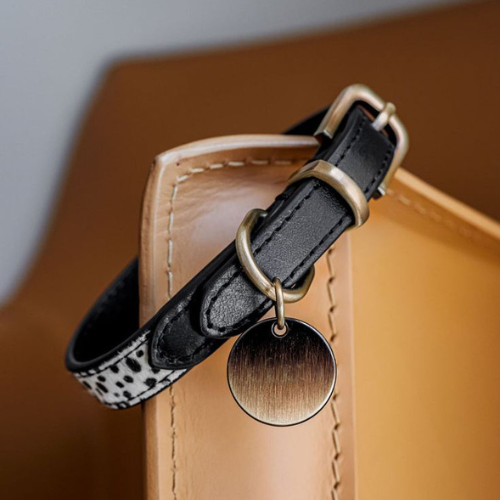
Nylon Pet Collars vs. Leather Collars
While leather is often seen as a premium option, nylon pet collars have clear advantages:
|
Feature |
Nylon Pet Collars |
Leather Collars |
|
Water Resistance |
Yes |
No |
|
Vegan Friendly |
Yes |
No |
|
Maintenance |
Easy |
Requires Conditioning |
|
Cost |
Budget-Friendly |
Expensive |
|
Variety |
Wide Range |
Limited Styles |
For most dog owners, especially those with active pets, nylon dog collars are the smarter choice.
Matching Sets: Why Coordination Matters
Many brands like Furnergy now offer matching nylon pet collars, leashes, and nylon dog harnesses. Not only does this elevate your dog’s look, but it also ensures compatibility between pieces.
Benefits of a Matching Nylon Set:
- Consistent Sizing: Designed to fit together ergonomically.
- Style Appeal: Fashionable coordination.
- Material Uniformity: Reduces wear caused by material mismatch.
Frequently Asked Questions
Are nylon dog collars safe for long-term use?
Yes, provided they are the correct fit and regularly inspected for wear.
Can I use a nylon dog harness instead of a collar?
You can use both. A harness is ideal for walks, while a collar is still useful for ID tags.
How do I know if my dog prefers a collar or harness?
Observe behavior. Some dogs feel more secure in a harness, while others prefer the simplicity of a collar.
Will a nylon pet collar irritate my dog’s skin?
Not likely, but always choose soft, smooth nylon and monitor for any signs of chafing.
Conclusion
Whether you’re a first-time pet owner or an experienced dog parent, nylon pet collars, nylon dog collars, and nylon dog harnesses offer unbeatable value, safety, and style. With countless options on the market, you can find the perfect fit for your furry companion’s size, breed, personality, and activity level.
From daily walks to training sessions, nylon accessories have your back—and your dog’s too.





